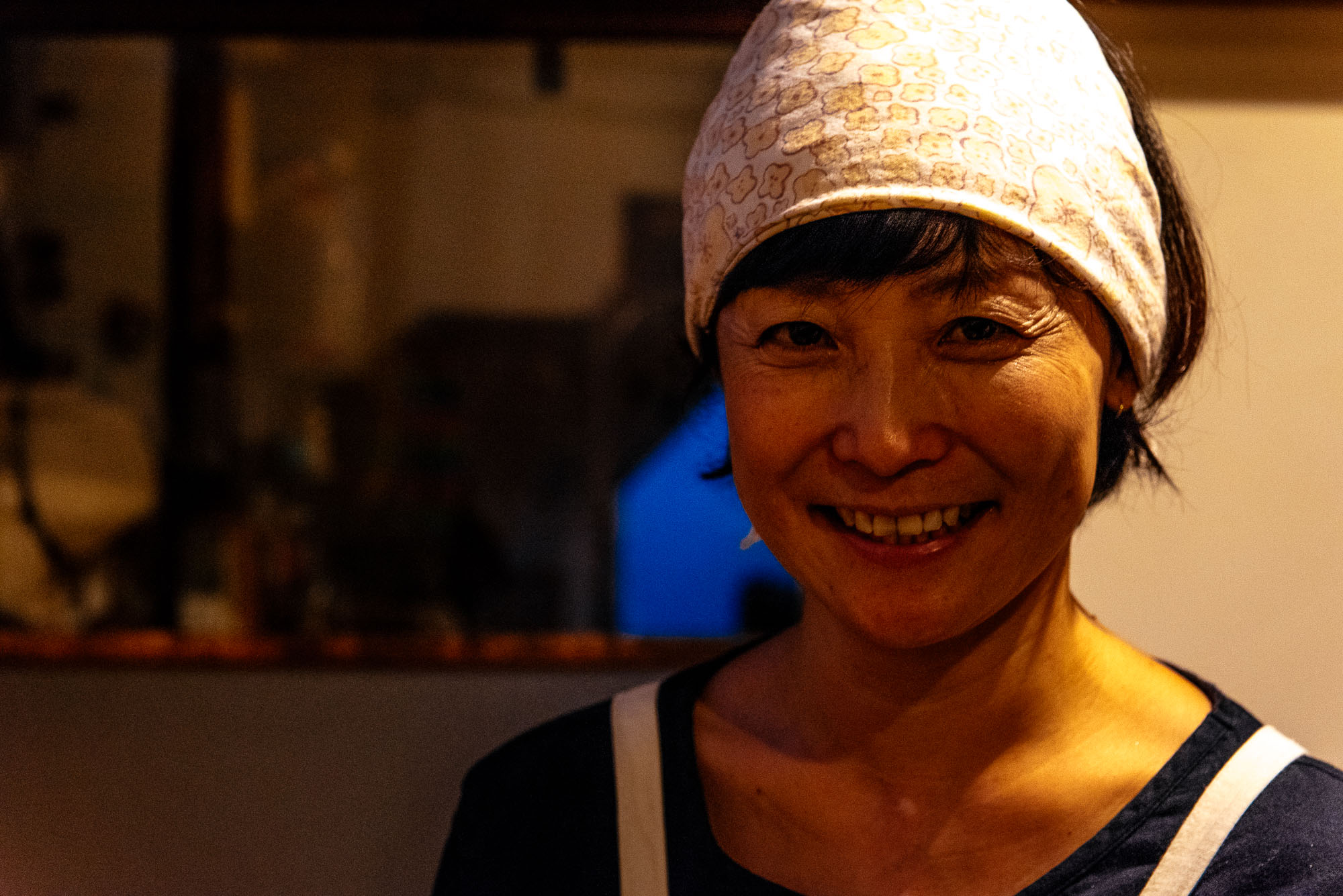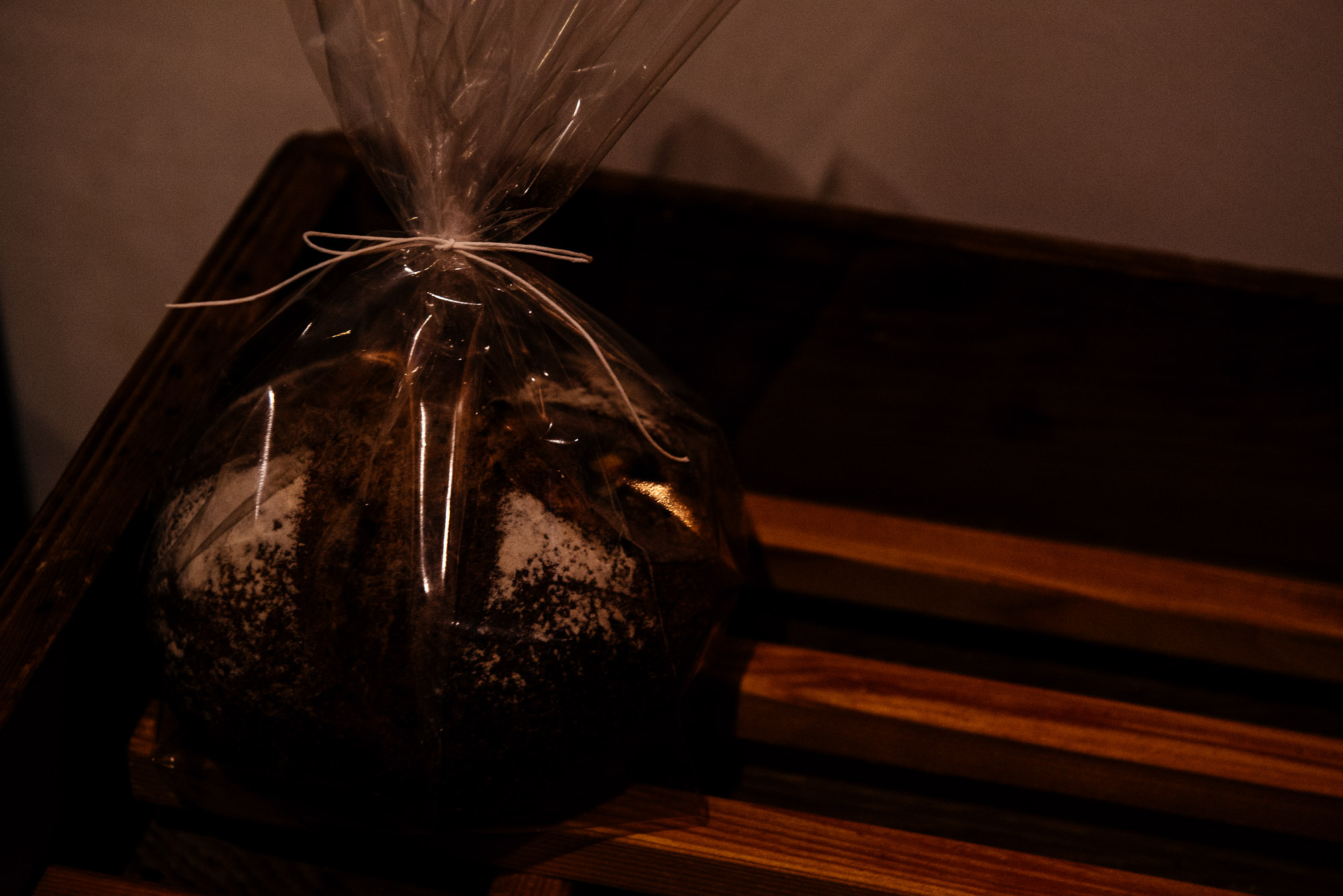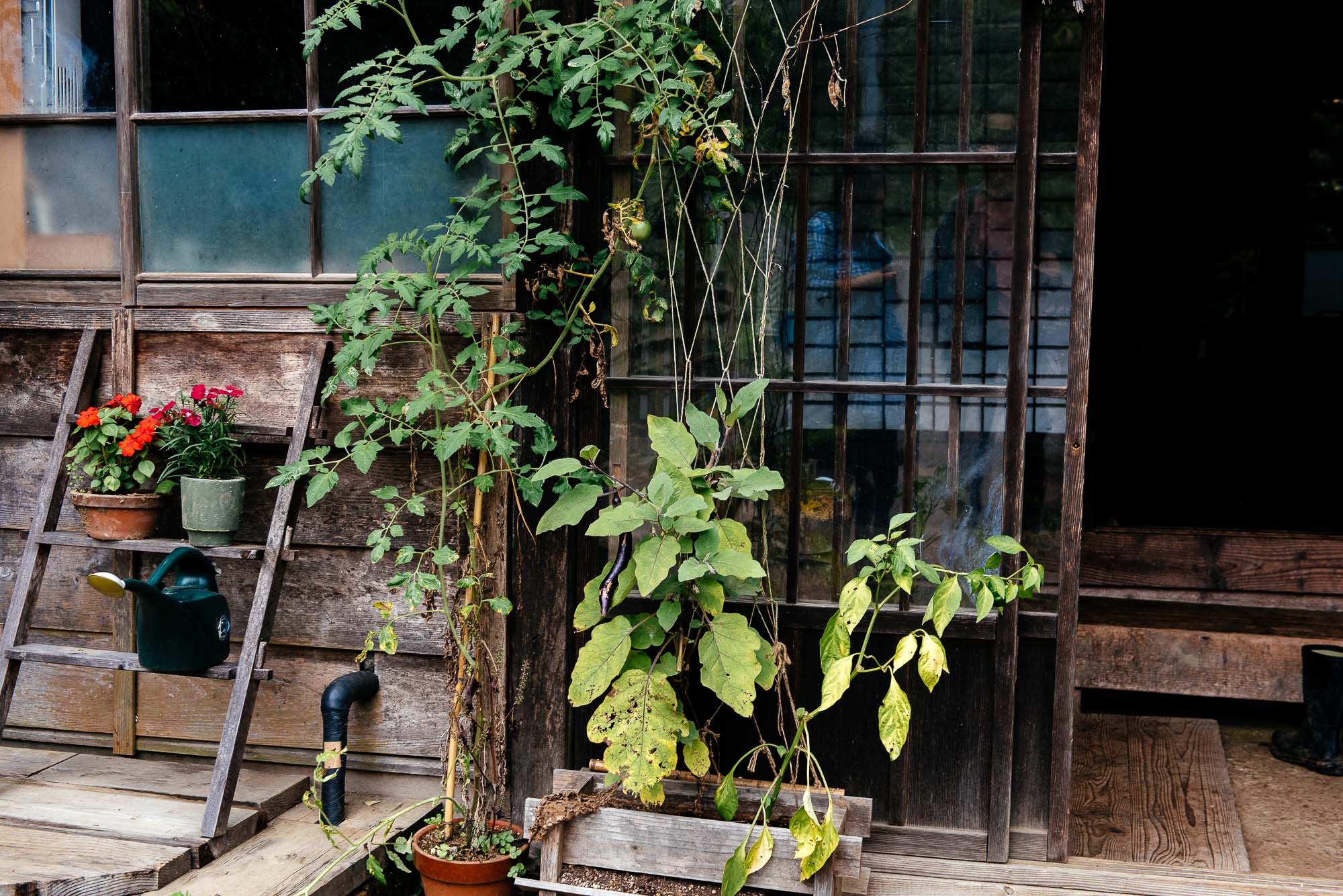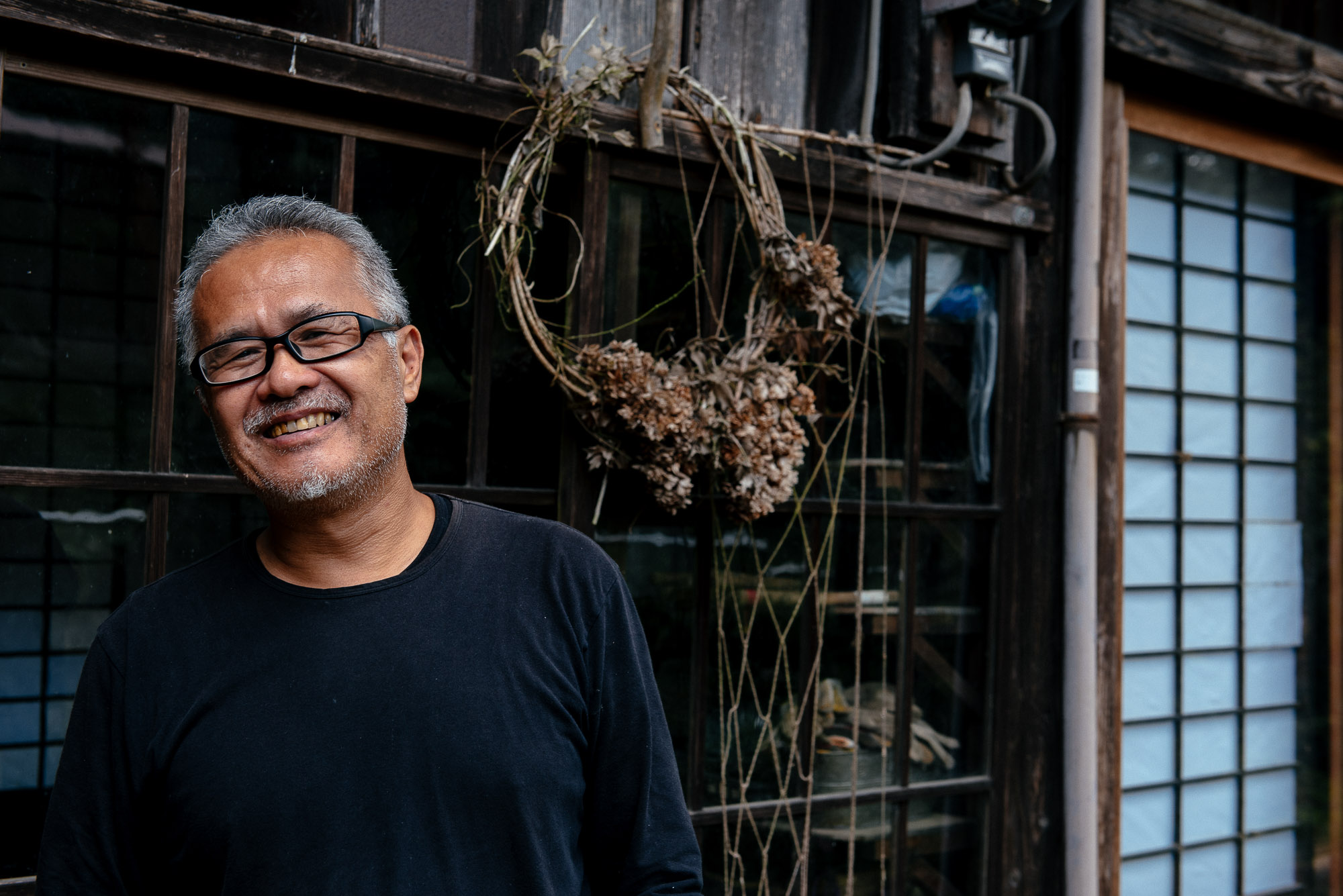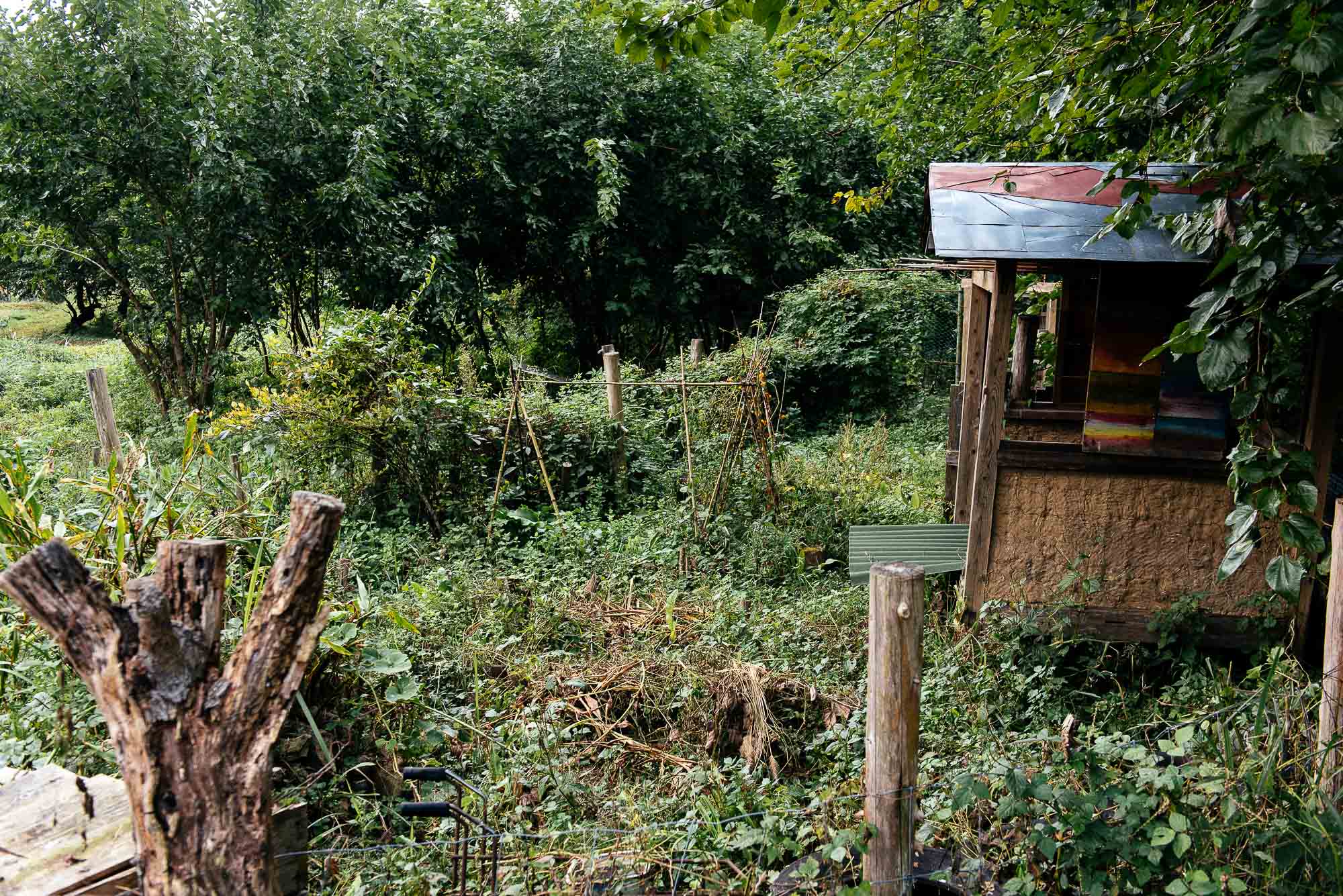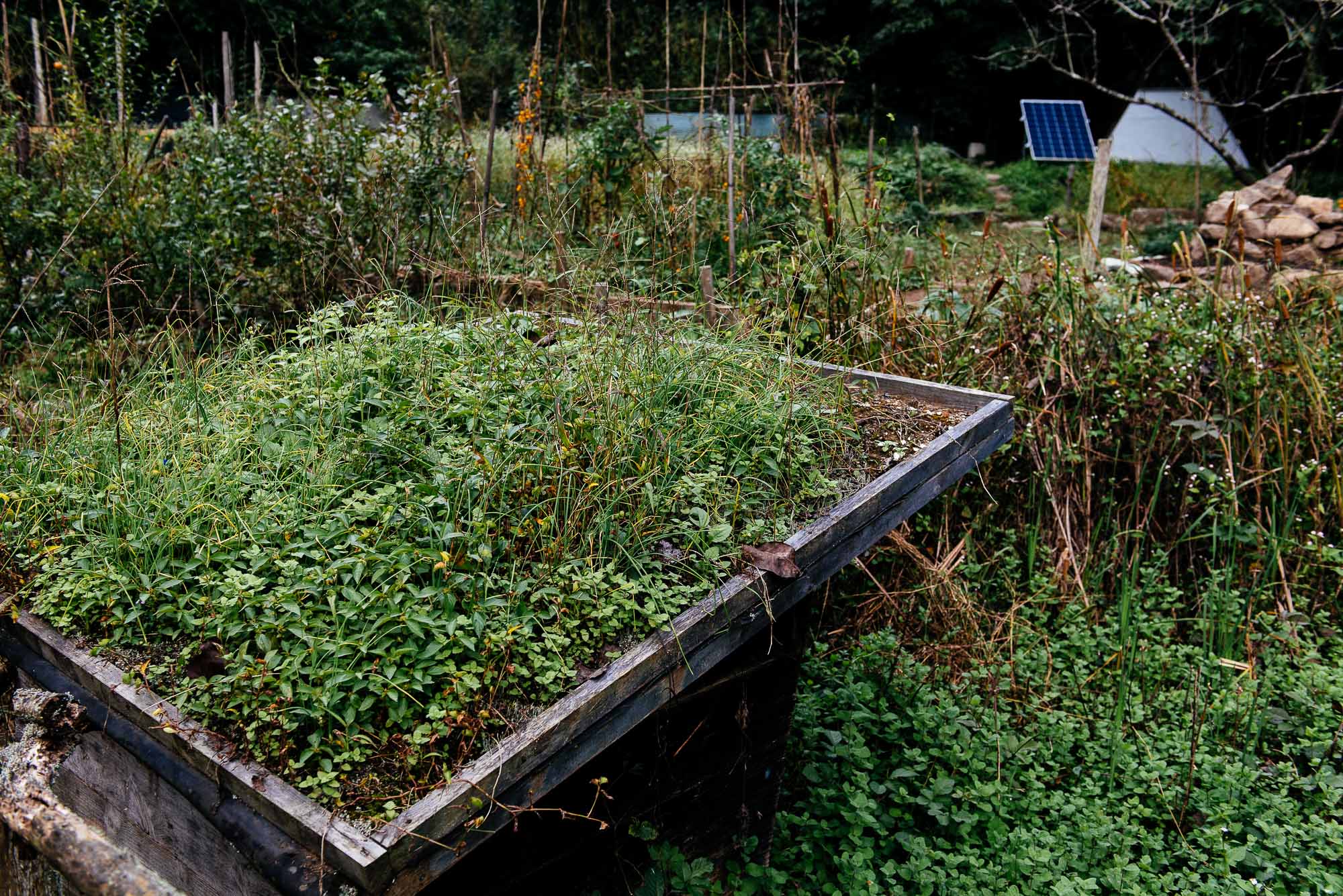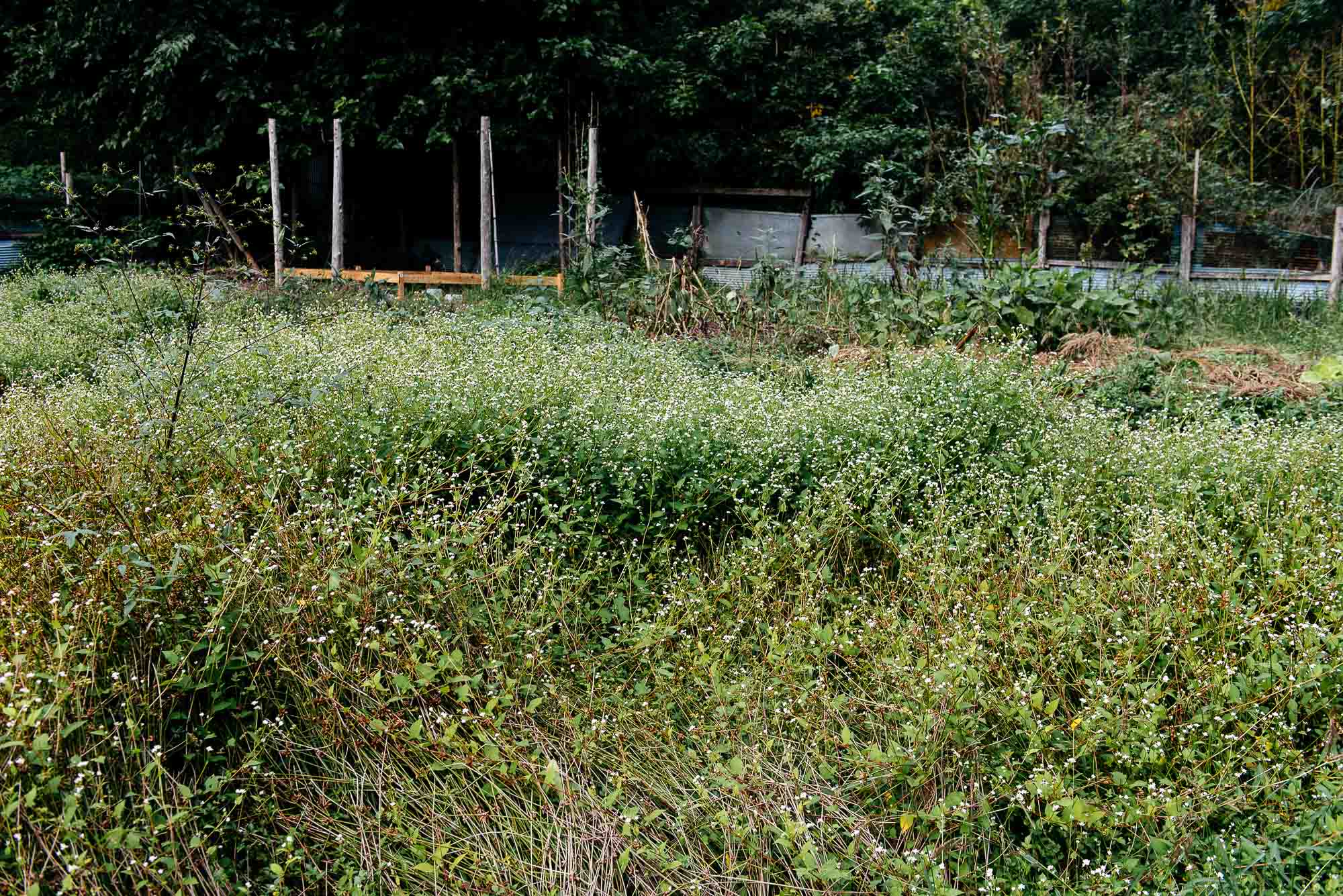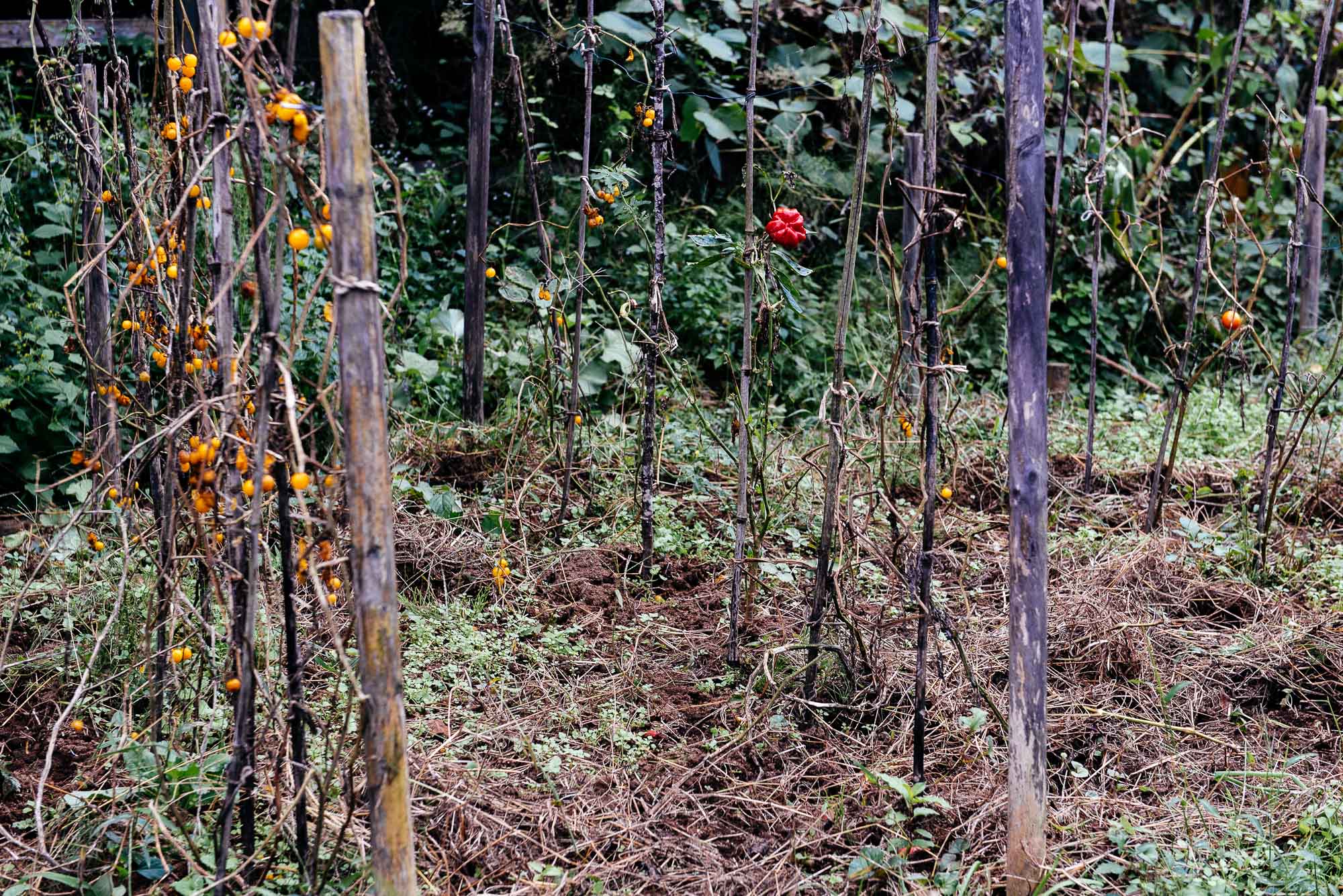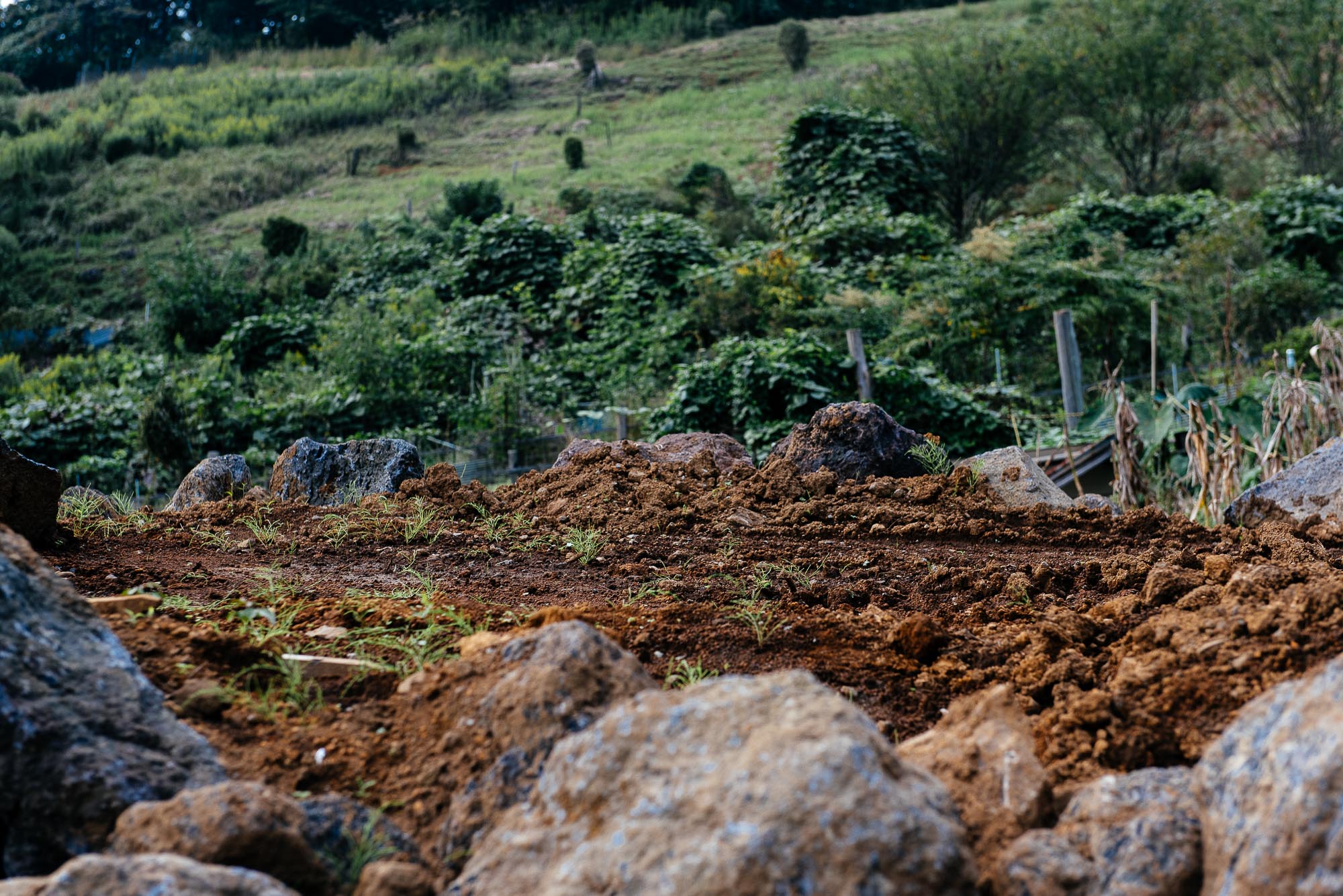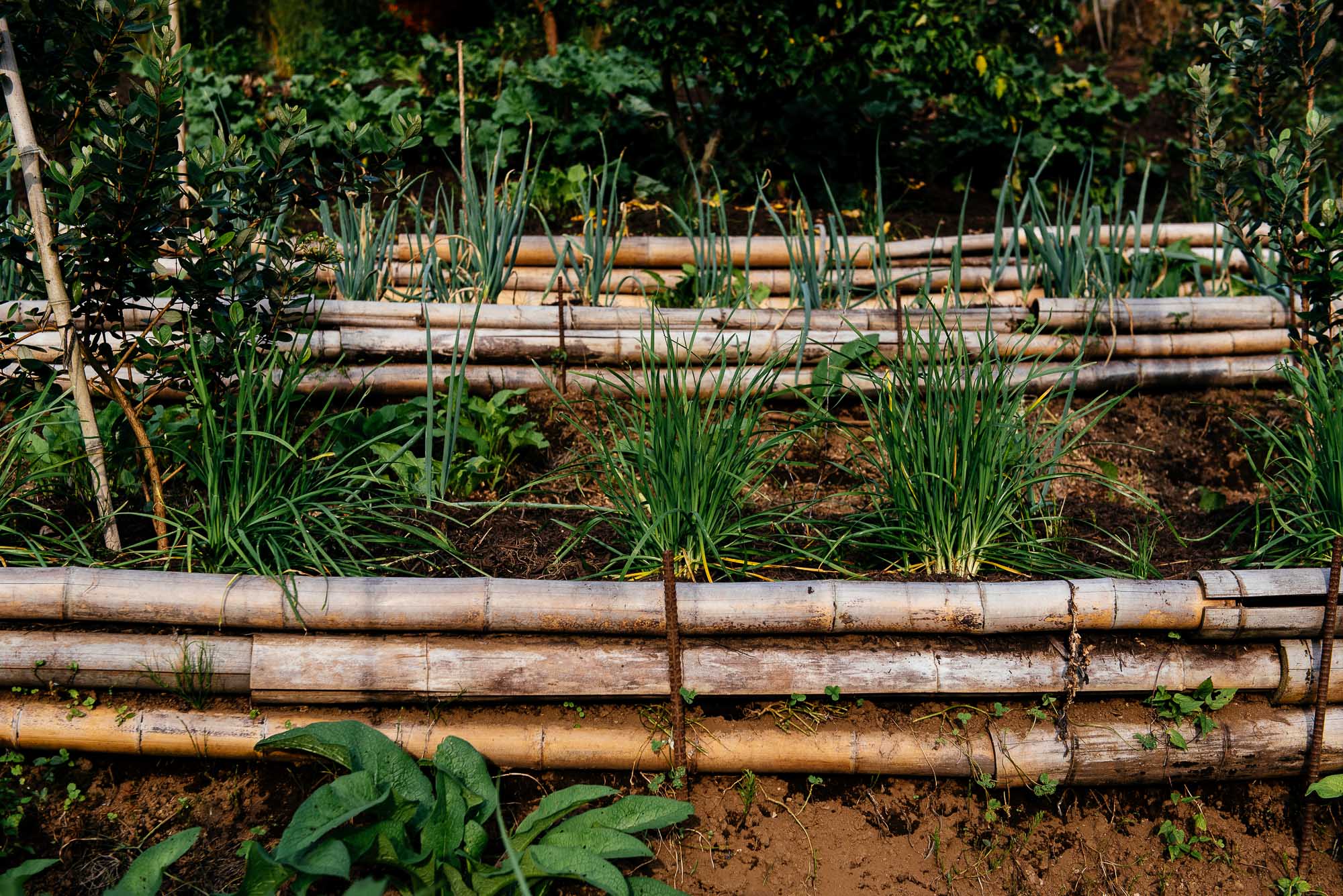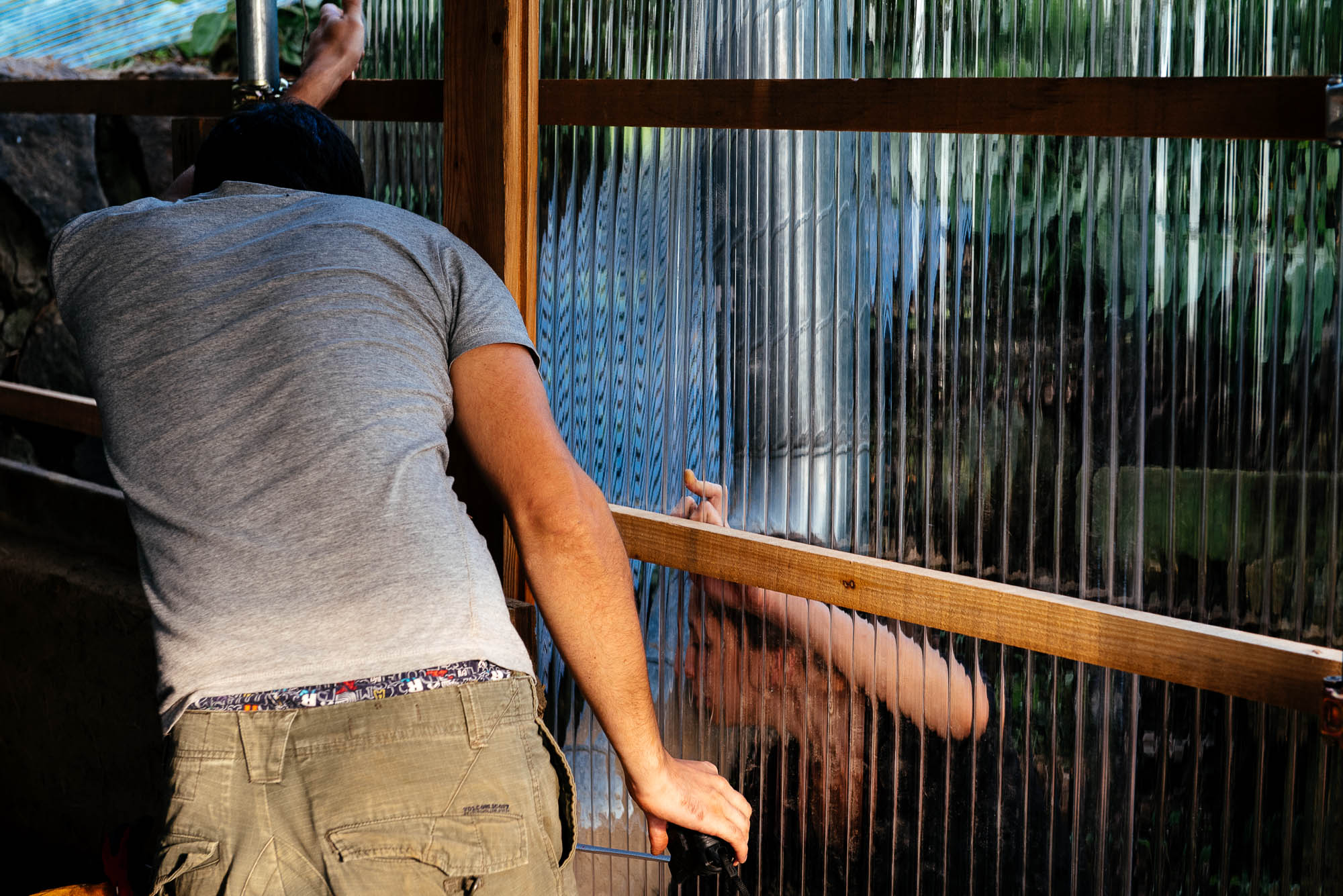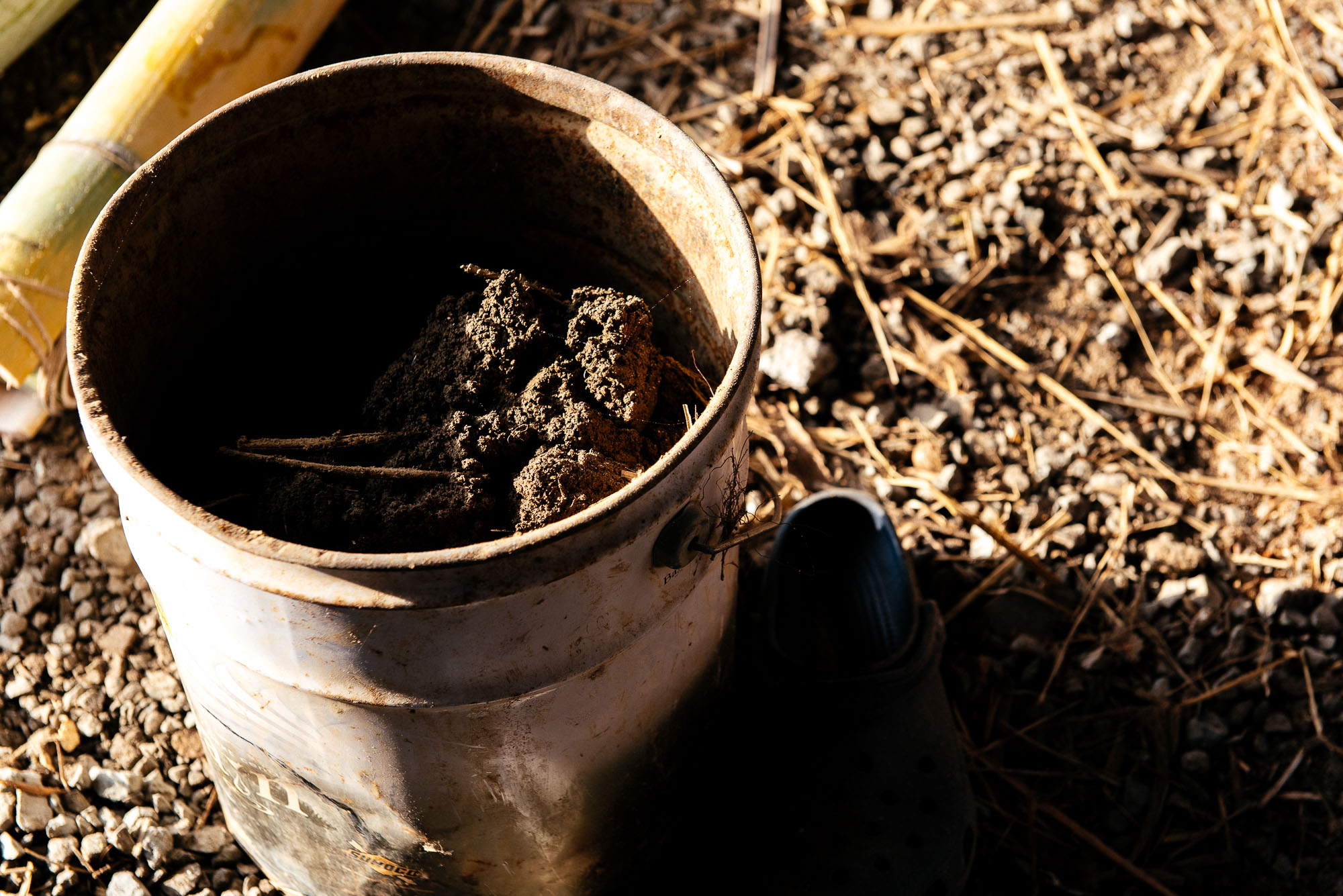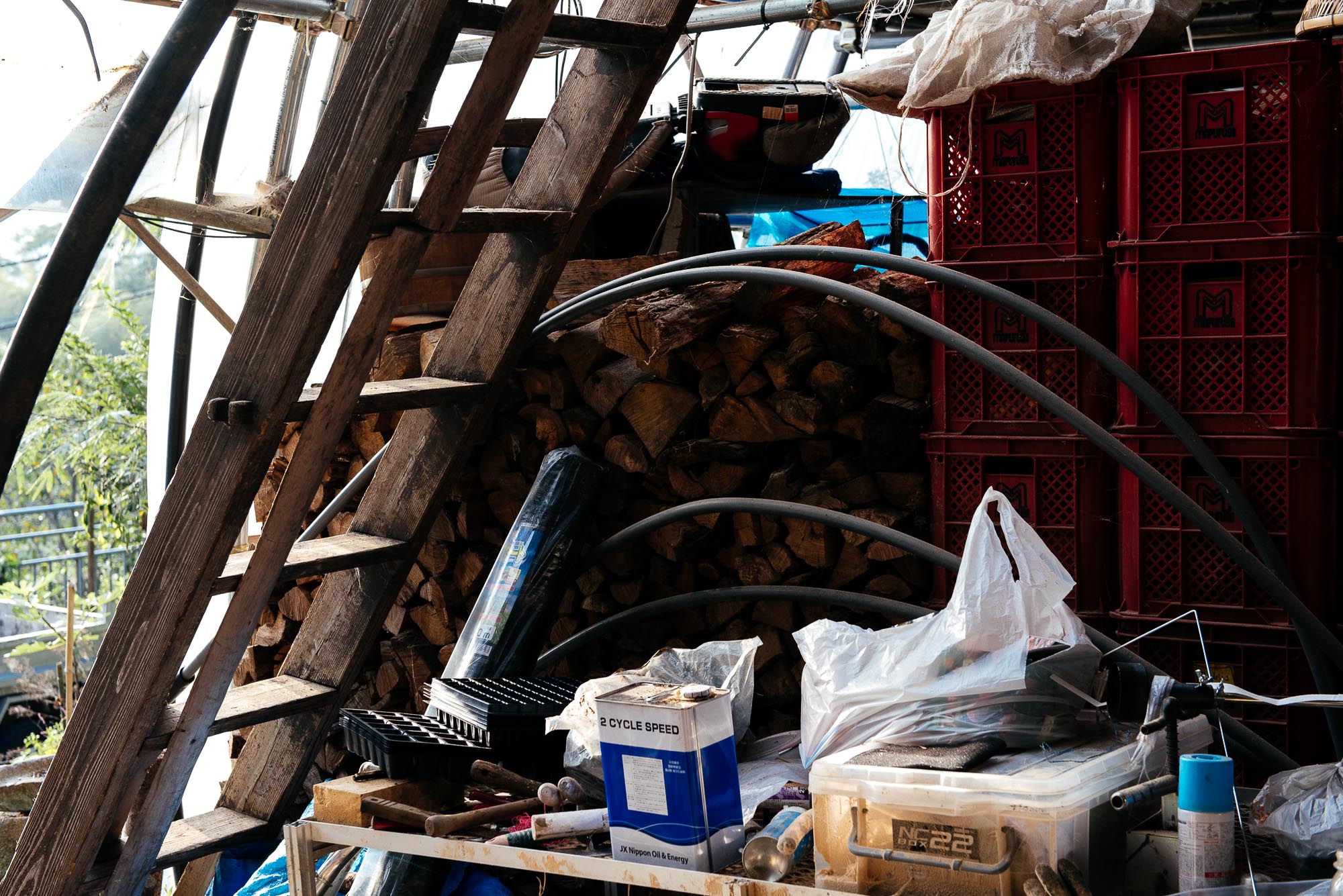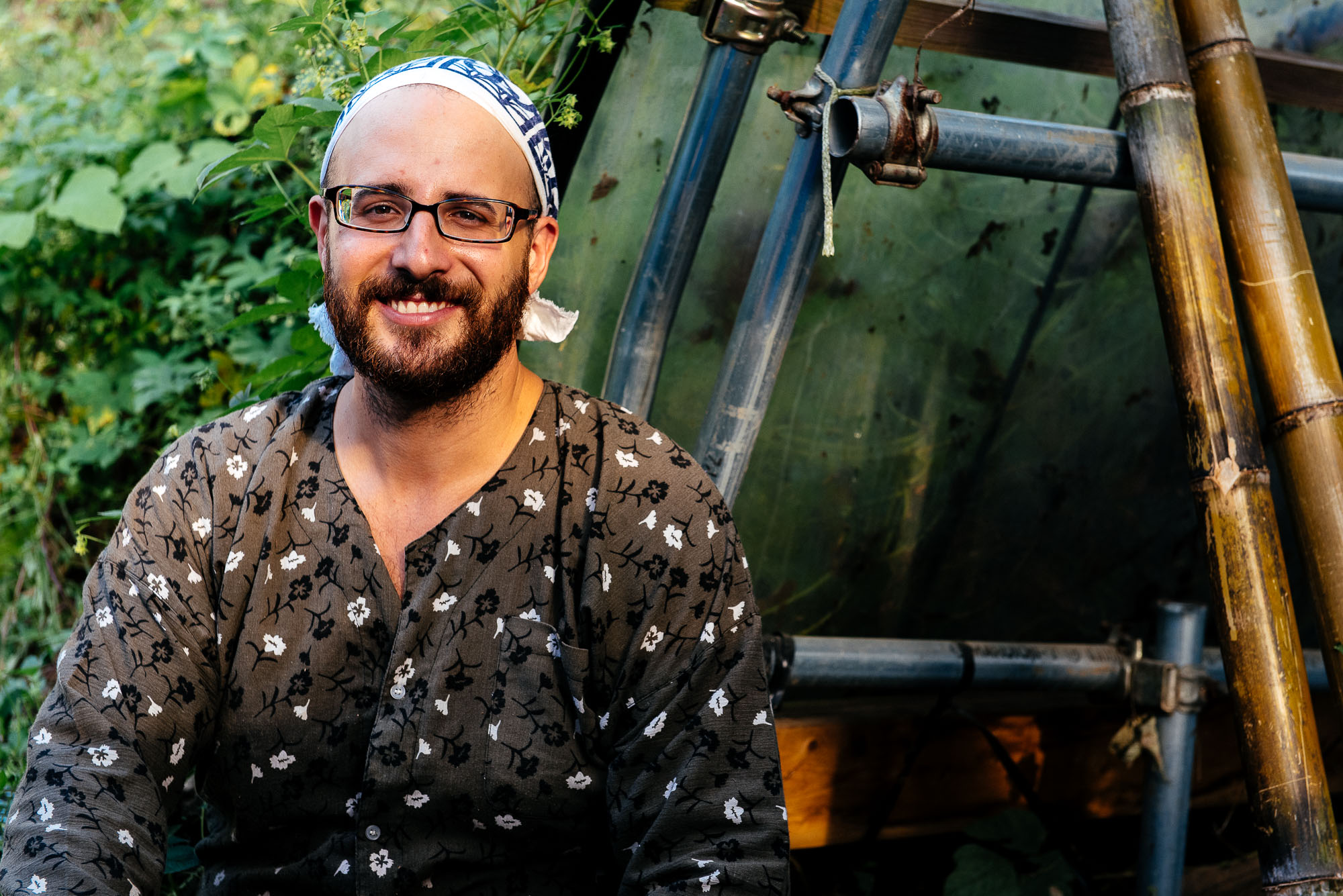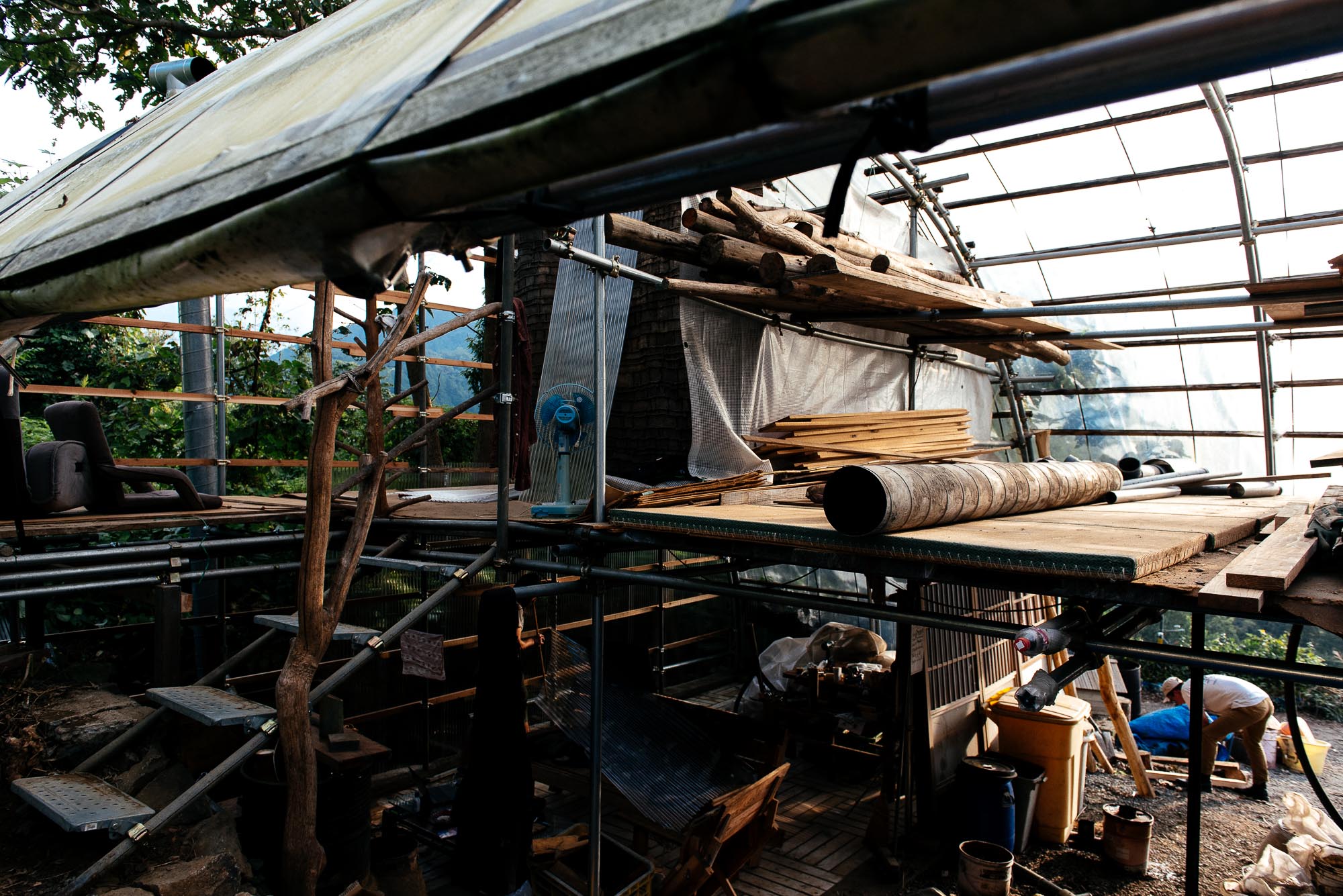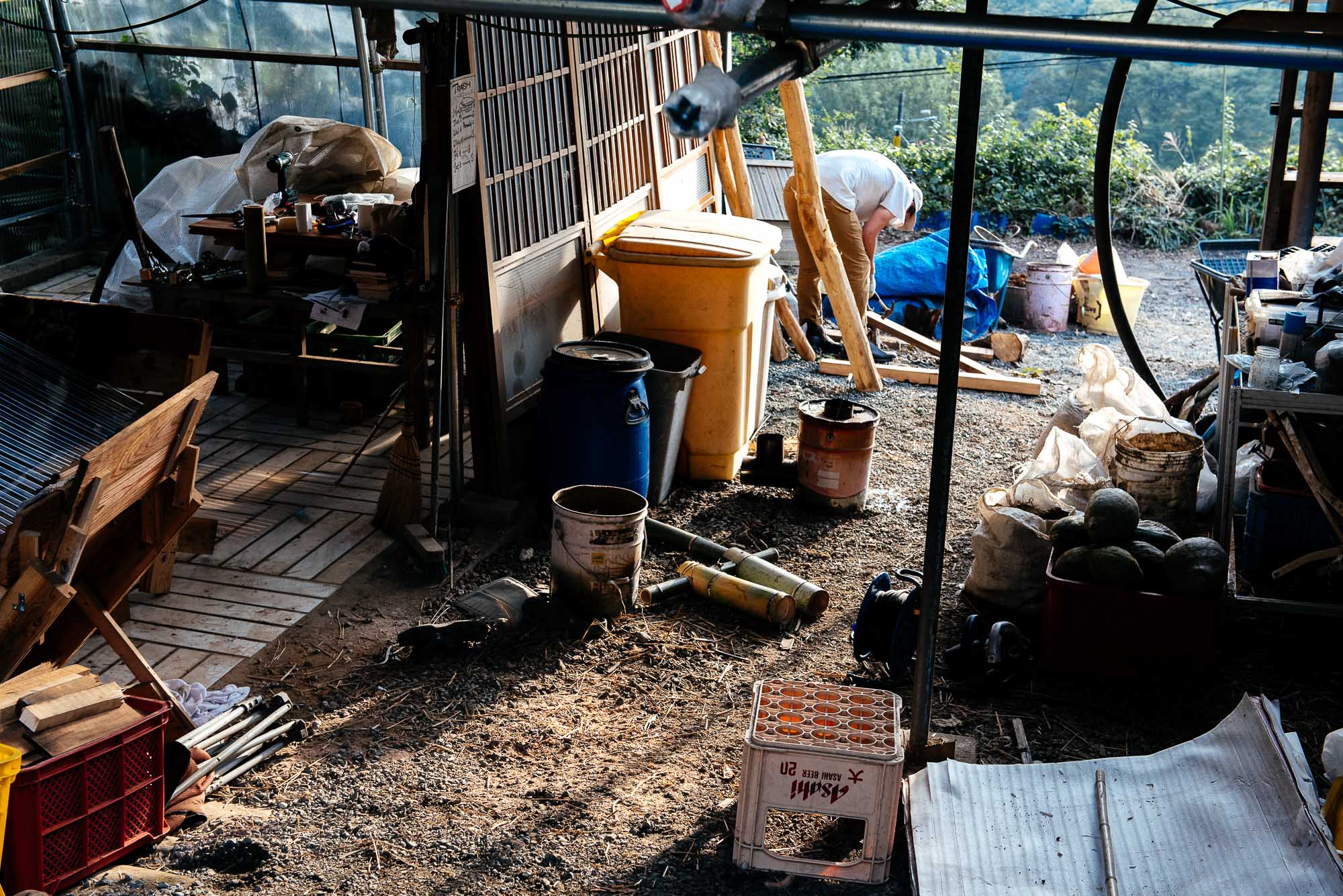Fujino, ville en transition - Fujino, a transition town
A Fujino, à une heure de Tokyo, dans la préfecture de Kanawaga, se situe la petite ville de Fujino, composée de 10 000 habitants.
Fujino is a small town located in the district of Kanagawa, an hour away from Tokyo, with a population of 10,000 inhabitants.
Après avoir voyagé en Angleterre, à Totnes pour rencontrer Rob Hopkins et être resté 2 ans et demi en Ecosse, à la Findhorn Foundation pour comprendre à la fois le concept de « ville en transition » et « d’éco-village », Mr Hidetake Enomoto, habitant de Fujino, a décidé de ramener tout son bagage et de l’appliquer à sa ville. Mais il n’était pas seul. Accompagné de deux de ses amis, issus de villes différentes au Japon, Kogane city et Hayama city, ils ont tous les trois décidé de faire de leur ville, « une ville en transition ».
La sauce a pris. Depuis 2008, Hidetake Enomoto est entouré d’un noyau dur de 20 à 30 personnes et Fujino est une des 3 villes en transition au Japon et la 100ème au niveau mondial.
Aujourd’hui, tous les habitants de la ville n’adhèrent pas au projet mais 300 à 400 personnes sont impliquées, suivent le mouvement et se considèrent comme une communauté. Ils sont tous bénévoles. Des groupes de travail se sont organisés pour réfléchir sur différentes thématiques comme la création d’une monnaie locale, le Yorozu-ya, qui fonctionne très bien dans les commerces de proximité et la mise sur pied de leur propre compagnie d’électricité. Il existe plus de 10 groupes de travail et plus de 100 foyers sont impliqués. Cela crée des connections entre les gens et c’est très important. Le concept de « résilience » est au cœur des discussions. Il y a une réelle force potentielle.
Les habitants de Fujino veulent vivre plus proche de la nature, avoir un meilleur futur et sans énergie nucléaire. Suite à la catastrophe de Fukushima, le concept a encore été plus évident : il faut changer les choses, poursuivre le projet. Il y a une réelle volonté et une dynamique très positive de développer des initiatives.
Les habitants de Fujino développent différentes activités.
D’abord, l’art est très important à leurs yeux. Un peu partout dans la ville, des artistes locaux exposent librement leurs œuvres, ce qui crée une atmosphère toute particulière.
Ensuite, ils ont décidé de créer une école Steiner dans la ville. Une autre éducation, différente, plus proche de la nature.
Sumi Ikebe est boulangère. En tant que commerçante, elle fait partie du réseau de personnes qui fonctionnent avec le Yorozu-ya, la monnaie locale.
After travelling to Totnes, England, to meet Rob Hopkins and staying two and a half years at the Findhorn Foundation in Scotland to understand the concepts of “transition town” and “eco-village,” Mr Hidetake Enomoto, a Fujino resident, decided to bring what he had learnt back to his hometown and apply these concepts there. He was not alone. Together with two of his friends, natives of different Japanese towns (Kogane and Hayama), they decided to make their town a transition town.
And it was a success! Since 2008, Hidetake Enomoto has collaborated with a core group of 20 to 30 people to make Fujino one of Japan’s three transition towns and the 100th worldwide.
Today, although not everyone in town has joined the project, there are 300 to 400 people who are involved, who follow the movement, and who consider themselves a community. All of them are volunteers. Working groups were organised to reflect on various issues such as the creation of a local currency, the Yorozu-ya, which is used a lot in the local shops, and the setting up of their own power company. There are more than 10 working groups, and over 100 homes are involved. This creates a community network, which is very important. The concept of “resilience” is at the heart of the discussions. All these aspects show true potential.
The people in Fujino want to live closer to nature and have a better future, free from nuclear power. After the Fukushima catastrophe, the conclusion is even more obvious: things have to change and the project must continue. They really want to foster and implement new initiatives.
The inhabitants of Fujino take part in a number of activities:
First, art is of great importance to them. All over town, local artists exhibit their work freely. This creates a very singular atmosphere.
They also decided to start a Steiner school in town: an alternative, closer-to-nature form of education.
Sumi Ikebe is a baker. As a shop owner, she is part of the community network that uses the local Yorozu-ya currency.
Fujino possède un centre de permaculture très renommé, tenu par Kiyokazu Shidara. Il enseigne également la permaculture. Il a créé un modèle unique, selon la tradition japonaise et veut l’étendre un peu partout, même au niveau mondial. Il insiste sur un travail communautaire ; tout le monde travaille ensemble et s’aide mutuellement. Il est persuadé qu’avec la nature, le système peut changer mais il faut d’abord se changer soi-même. Depuis 20 ans maintenant, il fait confiance à sa terre et la connaît par cœur.
Fujimo has a highly-renowned permaculture centre managed by Kiyokazu Shidara, who also teaches permaculture. He has created a very unique model that respects Japanese traditions and would like it to expand everywhere, including the rest of the world. He insists it be communitarian: with everybody working together and helping one another. He is convinced that working with nature can make the system change, but this change first has to occur within oneself. For twenty years he has trusted his land and now knows it by heart.
Byron Nagy, un Allemand qui a vécu à New York, a décidé de venir s’installer à Fujino pour construire sa maison « passive » avec l’aide de volontaires. Mais il a rencontré beaucoup de difficultés, notamment concernant l’accès à la terre, concept très conservateur pour les Japonais. Selon eux, la terre appartient aux anciens et on ne doit pas la vendre. Cela fait 3 ans maintenant qu’il a commencé à couper les arbres et tout ce qui s’en suit. Il veut une maison mêlant la terre, la paille et l’argile.
Il est ici depuis 5 ans et les 5 années précédentes, il vivait à Tokyo et avait un travail bien rémunéré. Il travaillait pour une compagnie internationale dans le service industriel et « faisait et vendait » de l’argent. Il était « dans la consommation » à 1000%. Mais à la fin de sa journée, il ne voyait rien de tangible dans sa vie et ses journées n’avaient pas beaucoup de sens pour lui.
A la fin de l’année, il aimerait bien avoir construit la base de sa maison. Il a aussi développé une parcelle de permaculture. Il est bien sûr intéressé par le mouvement en transition.
Il est heureux, certainement mais également soucieux pour son avenir. Il a une femme et des enfants et l’argent est présent dans sa tête. Comment vivre dans le « système » ? Il a besoin de sécurité financière. Il aimerait créer son emploi à partir de l’année prochaine et créer un marché international de produits organiques pour les habitants de Tokyo.
Byron Nagy, a German who used to live in New York, decided to come and settle in Fujimo to build his own “passive” house with the help of some volunteers. However, it has been a very difficult process, especially regarding land access, which is a very conservative concept in Japan. According to the Japanese, land belongs to the ancestors and one cannot sell it. Three years ago, he started cutting down trees and clearing the ground. He wants a house made of earth, straw, and clay.
He has lived here for five years after spending the previous five in Tokyo, where he had a well-paid job. He used to work for an international industrial servicing company and “was only dedicated to making money and business”. He was “bathing in consumption” 1,000 per cent. But, at the end of the day, he could not find anything meaningful in his life and his work days did not make much sense to him.
He would like to have the foundations of his house completed by the end of the year. He has also grown a permaculture plot and is of course interested in the transition movement. He is definitely happy but also concerned about his future. He has a wife and children, and money is an issue. How to live in the “system”? He has to have some financial security. Starting next year, he would like to become self-employed and develop an international organic products market for people in Tokyo.

